
Bethany Brookshire was a longtime staff writer at Science News Explores and is the author of the book Pests: How Humans Create Animal Villains. She has a B.S. in biology and a B.A. in philosophy from The College of William and Mary, and a Ph.D. in physiology and pharmacology from Wake Forest University School of Medicine. She was a 2019-2020 Knight Science Journalism Fellow at MIT, the winner of the Society for Neuroscience Next Generation Award and the Three Quarks Daily Science Writing Award, among others.

All Stories by Bethany Brookshire
-

Scientists Say: Faraday cage
A Faraday cage is an enclosure that distributes electrical charge all over its outside. That keeps the inside totally safe from electromagnetic waves.
-
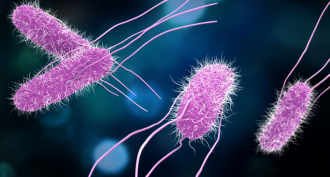 Life
LifeExplainer: Prokaryotes and Eukaryotes
Prokaryotes tend to be small and simple, while eukaryotes have embraced a highly organized lifestyle. These divergent approaches to life have both proved very successful.
-
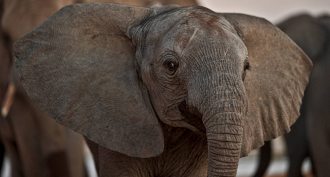 Animals
AnimalsCould an elephant ever fly?
Dumbo is known as the only elephant to take flight. He’s not real. But could he be?
-
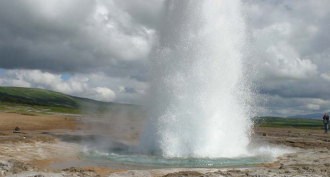 Earth
EarthScientists Say: Geyser
Geysers are underground springs with vents to the surface. When the water gets heated from nearby magma, the geyser blows.
-
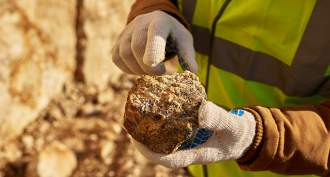 Earth
EarthWhy we should stop ignoring the life stories of minerals
All pure diamonds are the same mineral. But they didn’t form the same way. One scientist thinks it’s time to talk about the life stories of such rocks.
-
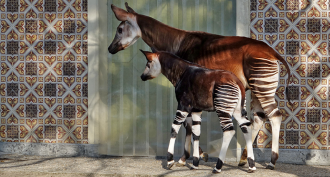 Animals
AnimalsScientists Say: Okapi
Okapis are African mammals that look a bit like horses and a bit like zebras. But they’re most closely related to giraffes.
-

What is trendy in today’s science fair projects?
Over the past 10 years, behavioral and social sciences have dominated submissions to the Regeneron Science Talent Search.
-
 Space
SpaceExoplanet hunting, HIV-fighting and math garner big prizes for teens
Winners of the 2019 Regeneron Science Talent search hunted exoplanets in new ways, tracked how HIV likes to hide and tackled some candy jar math.
-
 Climate
ClimateThese teens have some ideas for stopping climate change
If you could do one thing to stop climate change, what would it be? We asked some of the finalists at the 2019 Regeneron Science Talent Search.
-
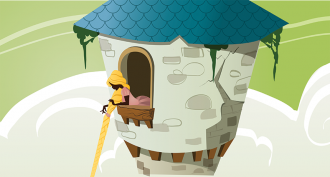 Health & Medicine
Health & MedicineHere’s why Rapunzel’s hair makes a great rope ladder
The fairy tale ‘Rapunzel’ features a princess with a lifesaving head of hair. Could someone really use their hair as a ladder? Sort of.
-
 Chemistry
ChemistryBig rock candy science
Instructions for making your own rock candy say to dip your stick or string in sugar before putting it in your sugar solution. Does that matter?
-
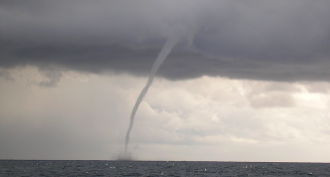 Climate
ClimateScientists Say: Waterspout
A whirlwind over land is just a whirlwind. But over water, a whirlwind becomes a waterspout.